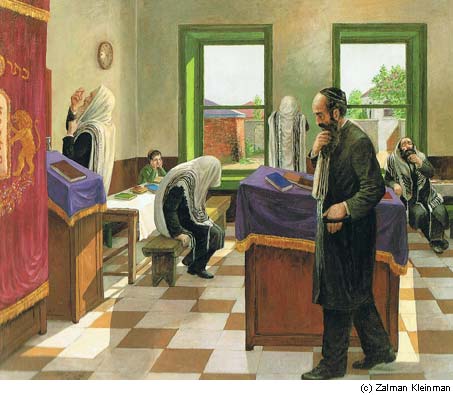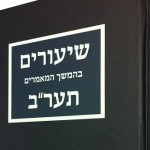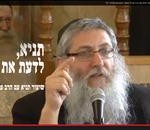Rabbi Shneur Zalman of Liadi The Alter Rebbe Parshat Ki Teze 5565-1805 (2) second version
Indented text by the translator
Choice Less
Emergence
Every detail in every world was originally included within the generality.
God’s initial creation—the antecedent thought of Primordial Man—encompassed all space-time. Later occurrences are seen as the emergence of details from the former generality.
Consequently, all man’s transgressions and iniquities recorded in the Torah were likewise inscribed in the antecedent thought. For example, Adam’s sin, the episode with the Golden Calf, and every future deed of mankind—extending to the Messianic era—were integrated within the generality. For God’s antecedent thought “observed and saw, with a single glance, until the end of time.”
Perplexity
A wondrous dilemma arises. How can reward and punishment be applied? Wasn’t man’s future misconduct previously inscribed? Doesn’t God’s foreknowledge preclude man’s free will?
God’s antecedent thought envelops all that will be. That’s why it’s considered a generality relative to the details which later emerge. And such details include all of man’s choices. For there is nothing that a detail possesses which isn’t contained in its generality.
A particular choice to do wrong isn’t a new event. It was included in God’s antecedent thought; it emerges into revelation, but it had already existed in a concealed state.
God’s foreknowledge is termed a “comprehensive thought.” Past, present, and future are revealed before Him. Man’s specific choices depart and descend from the divine generality. They then enter a person as empowering agents, guiding his deeds.
Bad Spirit
“A person doesn’t sin,” reveals the Talmud, “unless a spirit of folly enters him.” Where does such a spirit come from? This spirit arrives from above and travels downward through the system of worlds. Consequently, a particular spirit of folly is merely a detail of the 10 utterances of creation.
God created the worlds through 10 utterances, documented in Genesis’s Creation narrative. All spiritual and physical entities, including a specific spirit of folly, are brought into existence from the Hebrew letters of these utterances. The 10 utterances were themselves also revealed from their hidden state within the antecedent thought; they too are viewed as details relative to the generality.
Not only is a person’s choice and its spirit of folly foreknown, the deed’s reward or punishment is also already inscribed in God’s comprehensive thought. Adam’s future sin, for example, ascended in God’s generalized thought. Afterwards, Adam’s bad choice emerged and descended below as a detail. That’s what caused Adam to choose to eat the forbidden fruit. His punishment likewise exited God’s antecedent thought to become operative below. Why, then, should man be culpable?
References







